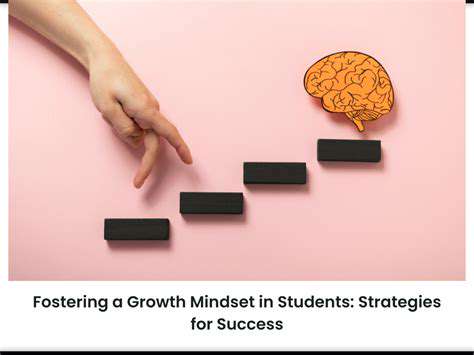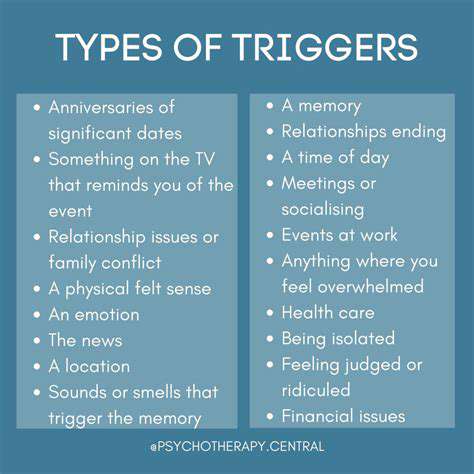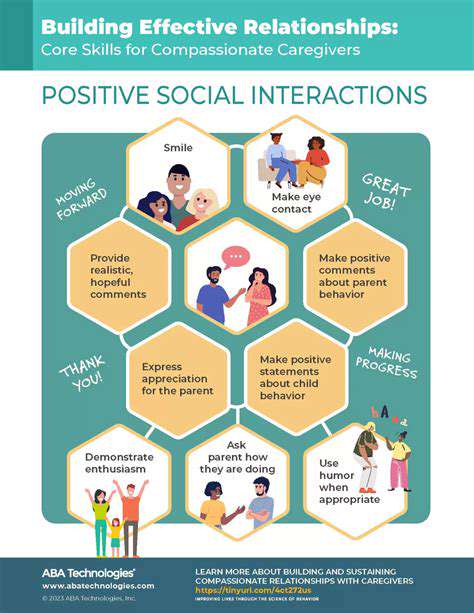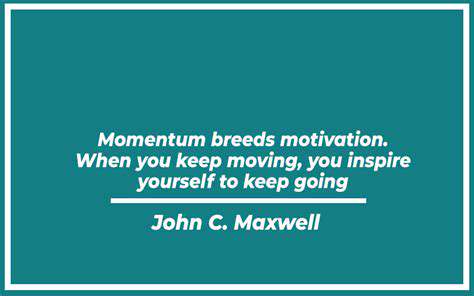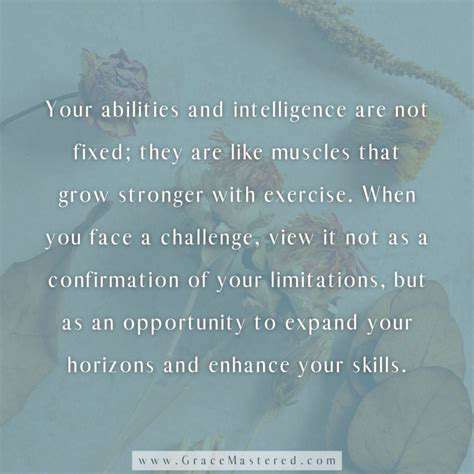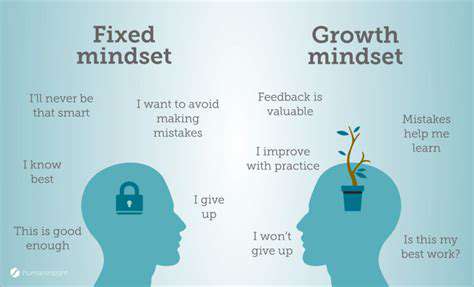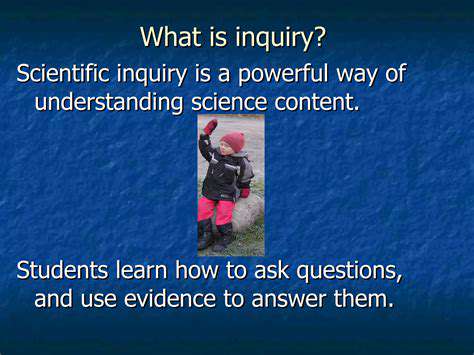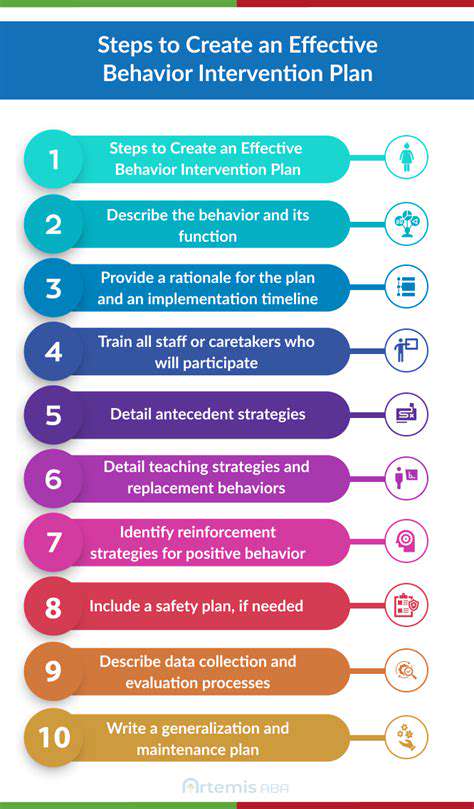Early Learning Strategies for School Readiness
Encouraging Fine and Gross Motor Skills
Fine Motor Skill Development
Encouraging fine motor skills is crucial for early learning and future academic success. These skills, involving small muscle movements in the hands and fingers, are essential for tasks like writing, drawing, and manipulating small objects. Activities like puzzles, building blocks, threading beads, and coloring contribute significantly to developing these vital skills. Early exposure to these activities helps children develop dexterity, hand-eye coordination, and the precision needed for future academic endeavors.
Providing a variety of age-appropriate tools and materials is key. Soft crayons and markers, large-grip scissors, and simple lacing activities can make these activities engaging and accessible to young learners. Parents and educators can create a supportive environment that fosters a love for these activities, encouraging exploration and experimentation without undue pressure.
Gross Motor Skill Development
Gross motor skills, encompassing large muscle movements used for actions like running, jumping, and climbing, are equally important for overall development. These skills are vital for maintaining balance, coordination, and spatial awareness. Activities like playing tag, riding a tricycle, and engaging in outdoor games like hopscotch significantly contribute to the development of these skills. These activities not only enhance physical abilities but also promote social interaction and a sense of accomplishment.
Creating opportunities for children to explore their physical environment is crucial. Safe spaces for running, climbing, and playing are essential for promoting gross motor skill development. Encouraging participation in age-appropriate sports and physical activities further strengthens these fundamental skills, laying a solid foundation for future physical and cognitive growth.
Sensory Exploration and Fine Motor Skills
Sensory exploration plays a vital role in both fine and gross motor skill development. Activities that involve exploring different textures, weights, and temperatures can stimulate nerve endings and enhance hand-eye coordination, a key component of fine motor skills. For example, playing with playdough, manipulating various shapes, and exploring different fabrics can greatly benefit a child's development.
Play-Based Learning for Motor Skill Development
Play-based learning is an effective method for promoting both fine and gross motor skill development. Children learn through exploration and experimentation in a fun and engaging environment. Providing a variety of toys, games, and materials allows children to experiment with different movements and skills, leading to the development of motor coordination. This type of play-based learning naturally integrates various motor skills, making the learning process enjoyable and impactful.
The Importance of Practice and Repetition
Consistent practice and repetition are key elements in developing both fine and gross motor skills. Regular engagement in activities that target these skills strengthens neural pathways and improves coordination. This doesn't necessarily mean hours of structured activities, but rather incorporating opportunities for practice into daily routines. Simple tasks like helping with meal preparation or sorting toys can provide valuable practice and repetition.
Environmental Factors and Support
Creating a supportive and stimulating environment is crucial for fostering motor skill development. A safe and accessible space with age-appropriate equipment and materials is essential for children to explore and experiment. Encouraging participation and providing positive reinforcement further motivate children to engage in activities that promote motor skill growth. Parents, educators, and caregivers play a significant role in creating a nurturing environment that supports a child's natural inclination to learn and grow.
Promoting a Love of Learning Through Play
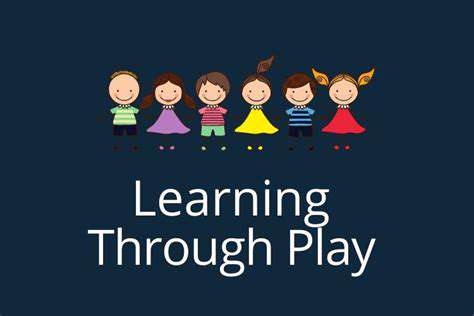
Cultivating a Growth Mindset
Encouraging a growth mindset is paramount in fostering a love of learning. This involves emphasizing the importance of effort and perseverance over innate ability. Children who believe their intelligence and skills can be developed through dedication and hard work are more likely to embrace challenges and see setbacks as opportunities for learning and growth. This mindset promotes a positive attitude towards learning and a willingness to explore new concepts.
Providing Engaging Learning Experiences
Learning should never feel like a chore. To inspire a love of learning, educators and parents must create engaging and stimulating learning environments. This can involve incorporating hands-on activities, real-world applications, and collaborative projects. By making learning relevant and exciting, children are more likely to actively participate and develop a genuine interest in the subject matter.
Fostering Curiosity and Inquiry
Nurturing curiosity is essential for igniting a lifelong love of learning. Encourage children to ask questions, explore their interests, and delve deeper into topics that pique their curiosity. Open-ended questions and opportunities for exploration can spark a desire to learn more and uncover hidden wonders. This process cultivates a sense of wonder and a desire to understand the world around them.
Creating a Supportive Learning Environment
A supportive learning environment is crucial for building confidence and fostering a love of learning. This involves creating a space where children feel safe to take risks, ask questions, and make mistakes without fear of judgment. Positive reinforcement and encouragement play a vital role in bolstering their confidence and promoting a positive association with learning. A supportive environment makes learning a collaborative and rewarding experience.
Connecting Learning to Real-World Applications
Demonstrating the practical applications of learning is a powerful way to make it more engaging and relatable. Showing children how the concepts they are learning can be used in everyday life, in their hobbies, and in future careers is crucial for fostering a sense of purpose. Connecting learning to real-world scenarios makes the material more relevant and meaningful, increasing their motivation and interest in the subject. This helps them appreciate the value of knowledge in their lives.
Celebrating Effort and Progress
Recognizing and celebrating effort and progress is essential for maintaining motivation and enthusiasm for learning. Focus on the journey of learning, not just the destination. Highlighting the steps taken and progress made, regardless of the outcome, reinforces the value of learning and perseverance. This positive reinforcement cultivates a growth mindset and encourages continuous learning and improvement.

